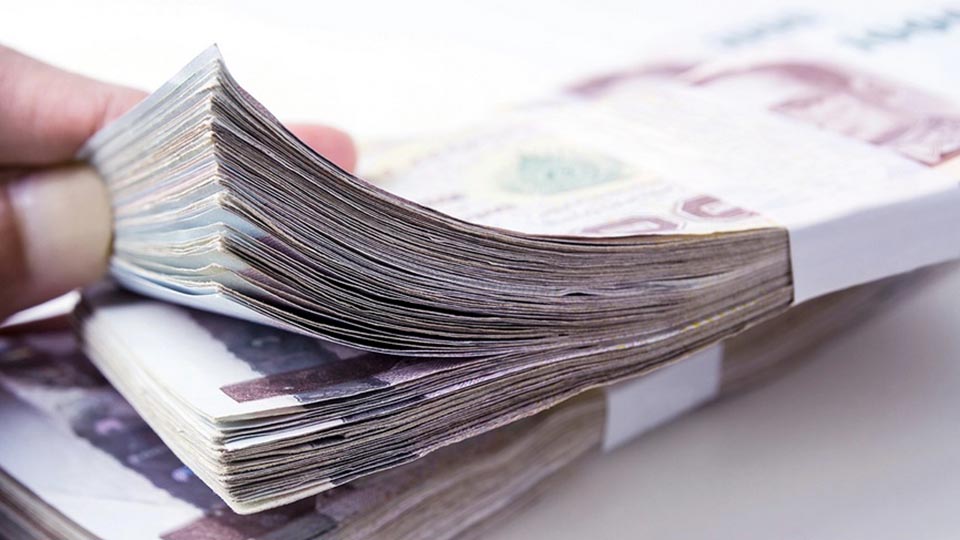
BANGKOK, Thailand – The Thai government has announced a major shift in its economic stimulus strategy, scrapping the high-profile 10,000-baht digital wallet handout in favor of more targeted investments nationwide. The revised plan comes amid mounting global economic uncertainty, including the impact of U.S. tariff hikes and trade tensions.
Deputy Prime Minister and Finance Minister Pichai Chunhavajira revealed that the Economic Stimulus Policy Committee, chaired by Prime Minister Paetongtarn Shinawatra, will convene on May 19 to finalize a new economic package. The revised approach will prioritize small-scale investment projects spread across the country, using funds originally earmarked for the digital wallet scheme.
The move comes as Thailand grapples with the global fallout from U.S. reciprocal tariffs, which could hurt Thai exports and disrupt manufacturing and supply chains over the next one to two years. With these factors in mind, the government aims to restructure production, support liquidity for affected businesses, and maintain its GDP growth target of over 3% in 2025.
A government insider confirmed that the revised stimulus package will tap into the remaining 157 billion baht in emergency reserves to drive economic activity, replacing the now-abandoned plan to distribute 10,000 baht each to 2.7 million citizens aged 16 to 20.
Prime Minister Paetongtarn explained that the decision was influenced by input from key institutions, including the National Economic and Social Development Council and the Bank of Thailand, which voiced concerns over the sustainability and efficacy of the handout plan. She emphasized the need to tailor economic relief efforts to the current global landscape, noting that all age groups, not just youth, must benefit from state support.
The government will continue focusing on revitalizing the tourism and real estate sectors as part of its broader economic recovery strategy.










